
Power Conversion Systems (PCS) serve as foundational technology in contemporary energy infrastructure, enabling efficient electricity transformation between different forms. These sophisticated systems provide indispensable power management solutions across multiple industries, from renewable energy integration to grid stabilization.
Fundamentally, a Power Conversion System (PCS) operates as the central nervous system within energy storage configurations. This critical technology facilitates bidirectional energy transfer between storage batteries and electrical grids through direct current (DC) to alternating current (AC) conversion – and vice versa. Acting as an intelligent energy bridge, PCS technology ensures optimal charging/discharging cycles while maintaining operational stability.
Modern power conversion systems leverage advanced power electronics to regulate energy flow through precision switching mechanisms. The operational sequence follows these critical phases:
1.Grid Discharge Mode
During energy release cycles, PCS units convert stored DC power from batteries into grid-compatible AC electricity.
2.Grid Charging Mode
Conversely, when storing energy, these systems transform grid-supplied AC power into battery-storable DC electricity.
Throughout both processes, intelligent controllers continuously monitor grid demands and battery conditions, implementing real-time adjustments to maximize efficiency while preventing system stress.
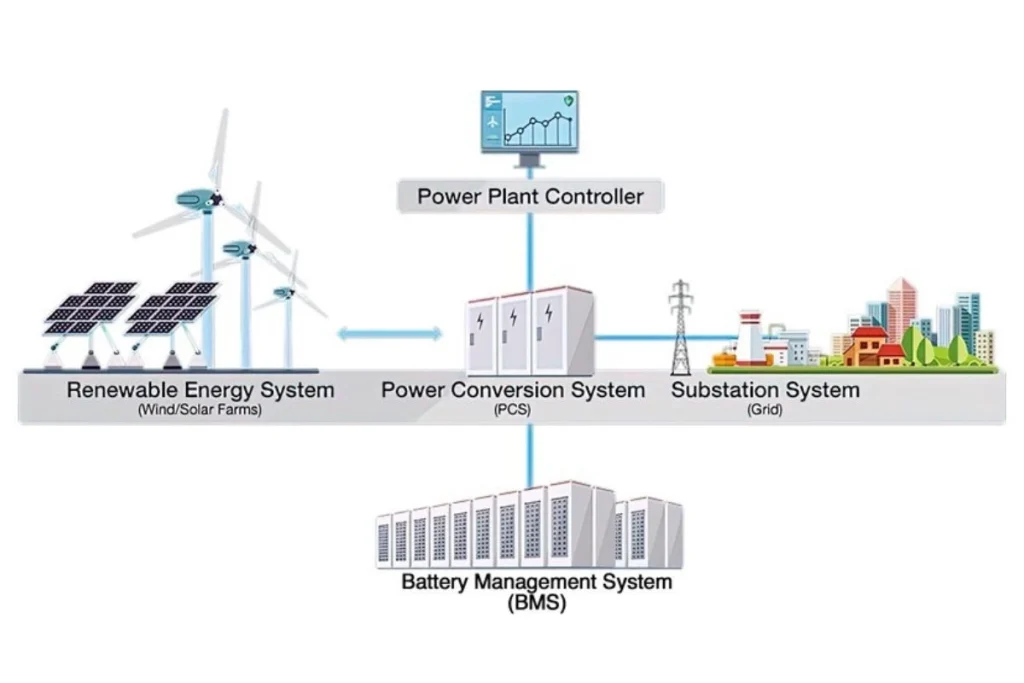
Utilizing cutting-edge semiconductor technology and adaptive control algorithms, contemporary PCS achieve exceptional conversion efficiency exceeding 95%. This performance benchmark significantly reduces operational expenses while minimizing energy waste.
Through continuous grid condition monitoring, PCS technology delivers millisecond-level response times for:
• Frequency stabilization
• Voltage correction
• Harmonic filtration
This granular control prevents power fluctuations while enhancing overall grid resilience.
Sophisticated energy management systems within PCS units autonomously:
• Predict consumption patterns
• Optimize charge/discharge timing
• Balance storage utilization
Thereby maximizing economic returns from energy assets while extending equipment lifespans.
The modular architecture of modern PCS enables seamless capacity expansion. Operators can incrementally add units to match evolving energy demands without system redesigns.
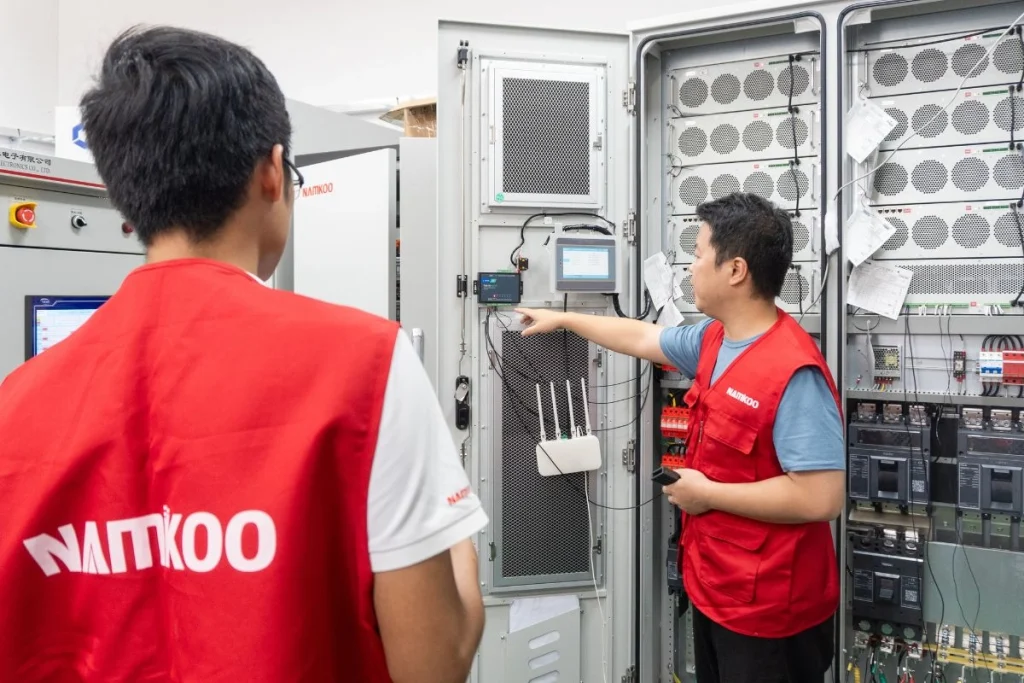
• When connected to utility networks, power conversion systems:
• Store surplus energy during low-demand periods
• Inject power during consumption peaks
• Provide voltage/frequency support
• During grid outages, PCS technology automatically:
• Disconnects from main grids
• Establishes localized microgrids
• Maintains power quality standards
Advanced systems seamlessly transition between grid-connected and island modes while:
• Filtering power irregularities
• Enabling self-healing networks
• Regulating voltage fluctuations
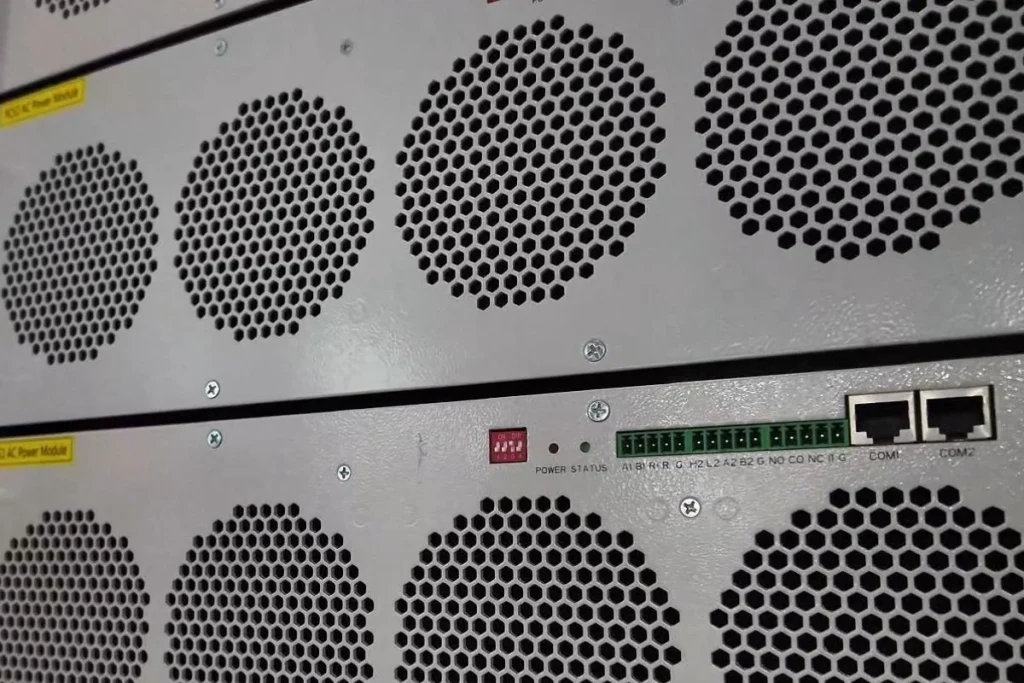
PCS enable effective solar energy utilization by:
• Storing daytime photovoltaic surplus
• Releasing stored energy during nighttime/inclement weather
• Maximizing self-consumption ratios
For enterprises with time-variable electricity pricing, PCS technology:
• Charges batteries during off-peak rate periods
• Discharges during high-tariff intervals
• Reduces overall energy expenditures by 30-60%
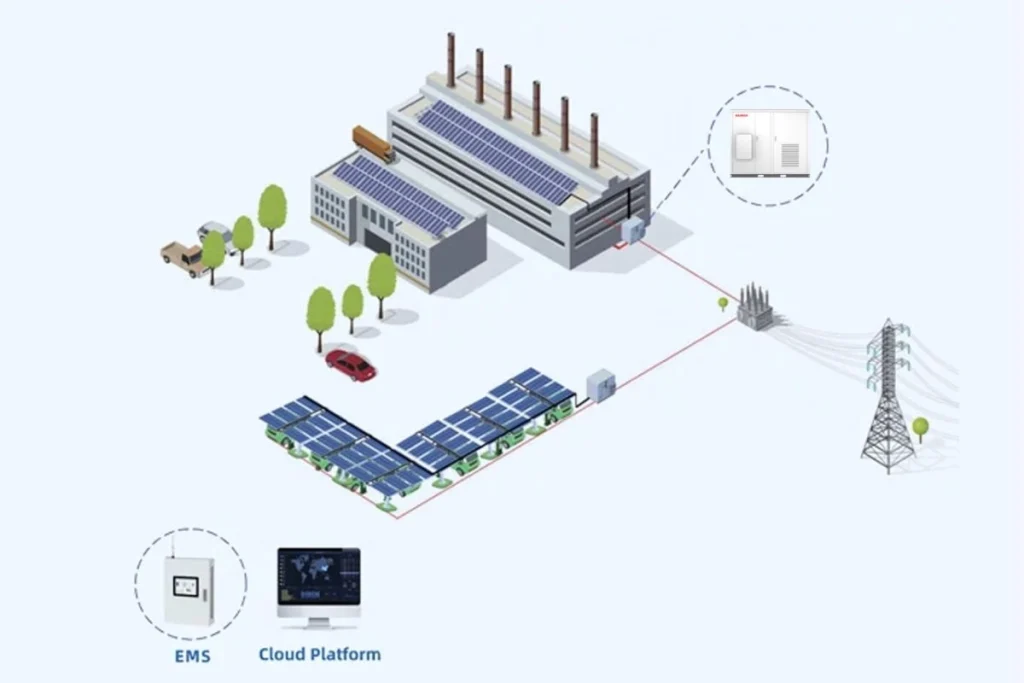
At electric vehicle charging stations with constrained capacity, PCS:
• Provide instantaneous power boosts during demand spikes
• Recharge during operational lulls
• Eliminate infrastructure upgrade requirements
Within localized energy networks, PCS units:
• Synchronize distributed generation sources
• Balance generation-consumption mismatches
• Maintain strict power quality parameters
As renewable penetration increases and smart grid technologies advance, power conversion systems are evolving toward:
• Higher Efficiency Standards (>98% conversion efficiency)
• Enhanced Grid Service Capabilities (inertia emulation, black start)
• Advanced Cybersecurity Protocols
• AI-Driven Predictive Management
Namkoo’s integrated energy storage solutions incorporate cutting-edge PCS technology featuring:
• 100kW bidirectional conversion modules
• Industry-leading 98.5% conversion efficiency
• Multi-mode operational flexibility
• Advanced battery communication protocols
These innovations deliver 30% longer battery lifespans while maximizing economic returns through intelligent cycling optimization.
Unlike basic inverters, PCS provide bidirectional energy flow with advanced grid-support functionality, intelligent battery management, and multiple operational modes for diverse applications.
Modern PCS units need minimal maintenance – primarily periodic thermal inspections, firmware updates, and airflow management. Most systems include remote monitoring for predictive maintenance.
Yes, with proper configuration, power conversion systems automatically switch to island mode during grid failures, maintaining continuous power to critical loads while meeting voltage/frequency standards.
Reputable systems carry UL 1741 SB, IEC 62109, and IEEE 1547 certifications, ensuring compliance with electrical safety, grid interconnection, and cybersecurity requirements.
Quality PCS units operate reliably for 10-15 years when properly maintained, with many manufacturers offering 10-year performance warranties.
Absolutely. Modular PCS designs enable straightforward retrofitting to existing battery installations, significantly enhancing legacy system capabilities.
Power conversion systems have evolved from simple conversion devices to sophisticated energy management platforms. Their continuous technological advancement remains crucial for:
• Accelerating renewable energy adoption
• Enhancing grid resilience
• Reducing industrial energy costs
• Enabling electrification transitions
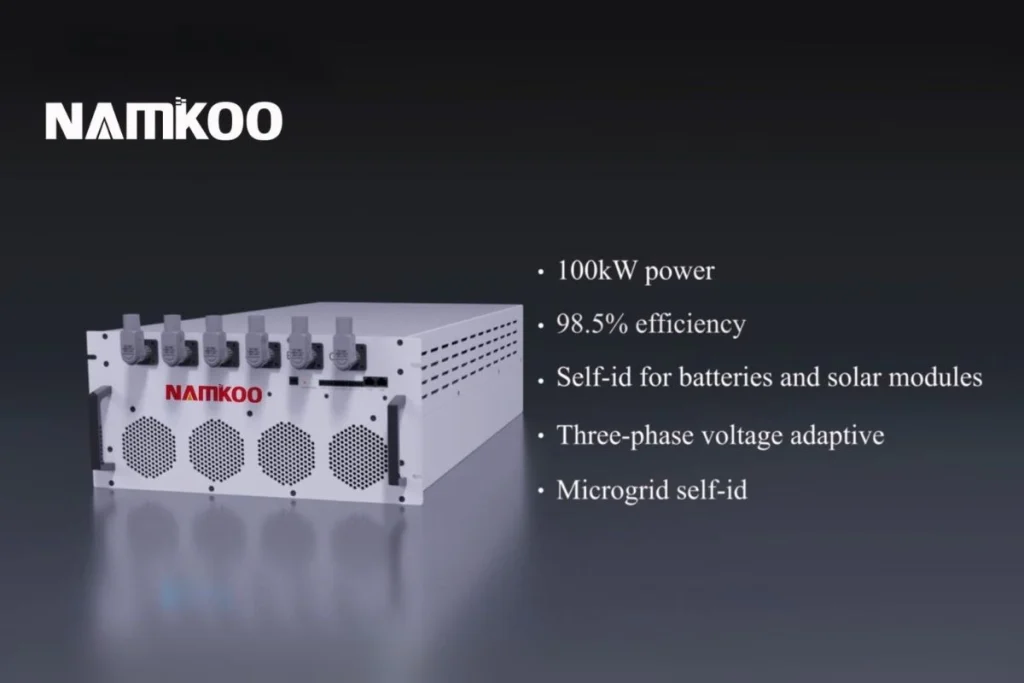
As industry leaders like Namkoo demonstrate, next-generation PCS solutions deliver unprecedented operational flexibility while maximizing the economic value of energy assets – fundamentally transforming how we generate, store, and consume electricity.
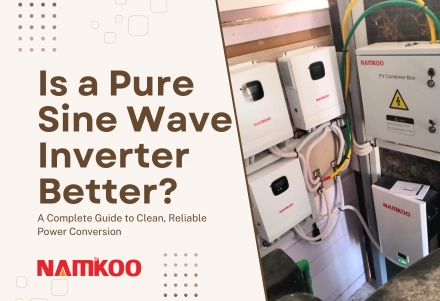
Learn why a pure sine wave inverter is the best choice for solar systems. Discover benefits, use cases, and how Namkoo provides reliable inverter solutions.


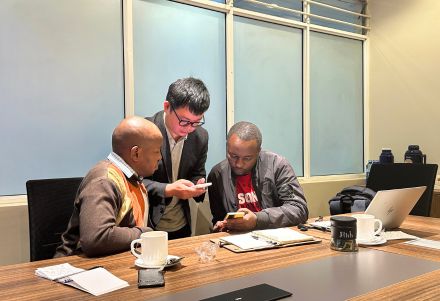
Namkoo Kenya technicians completed certified solar battery backup system training. Get local installation support & maintenance from our Nairobi team. Free site assessments available.


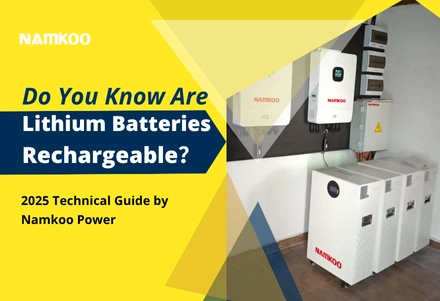
Explore how lithium batteries are rechargeable and why they dominate modern solar systems. Learn from Namkoo Power, a professional solar battery manufacturer, about recharging technology, lifespan, and 2025 market prices.



No.26-2,1st Floor, Kuiqi Road West Extension, Nanzhuang Town,Chancheng District,Foshan City,Guangdong Province, China (528000)
Contact Number: +86 18826309307
Email: [email protected]